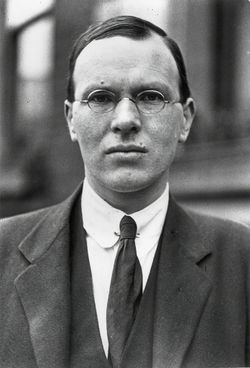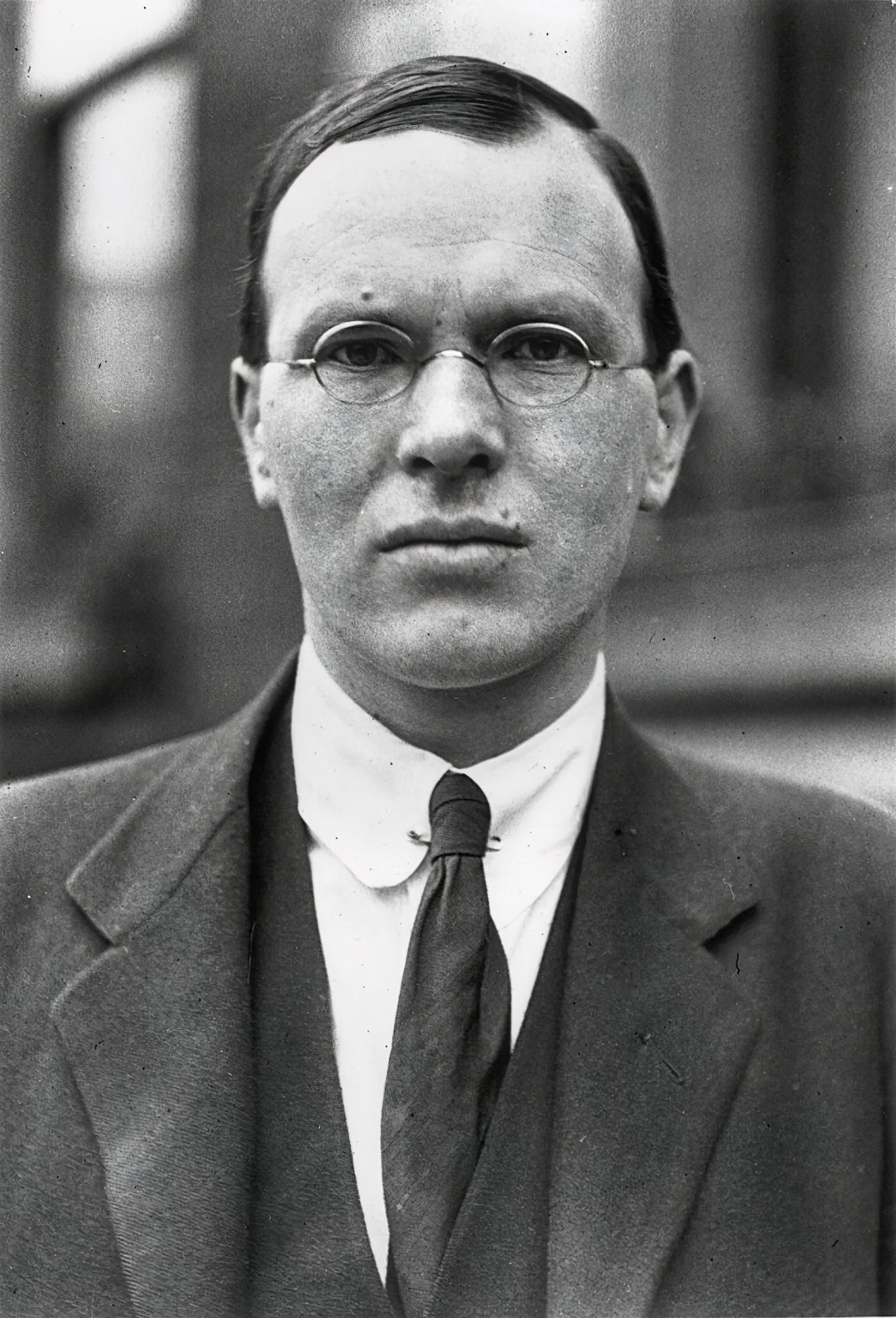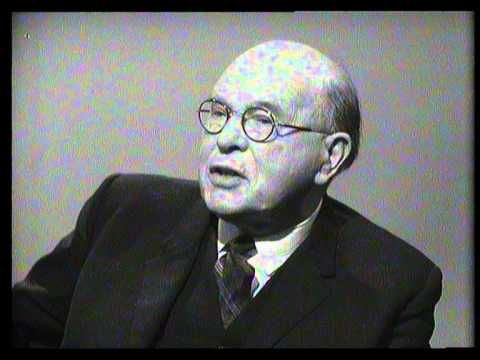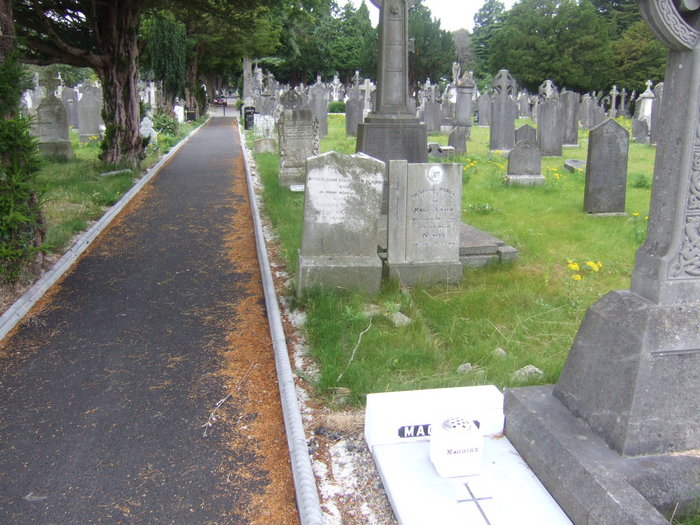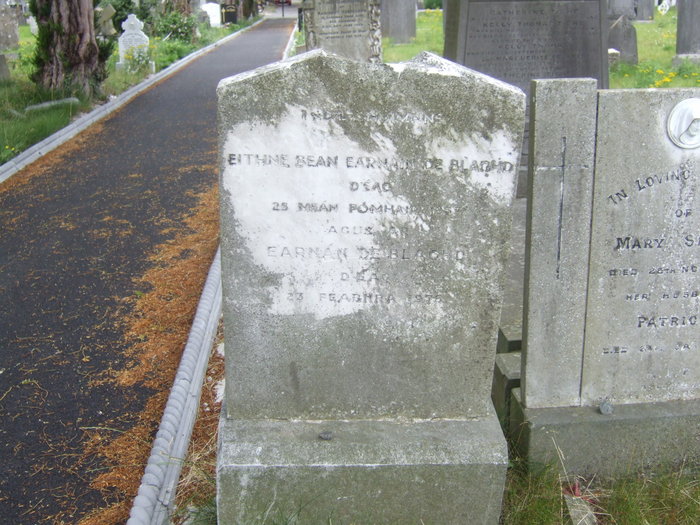Ernest P. Blythe, or
in his preferred language,
Earnán de Blaghd.
Revolutionary, Politician and Theatre Manager.
Born at Magheragall, Lisburn, Co. Antrim, into a farming family, he was educated locally.
On the invitation of Sean O'Casey, he joined the Irish Republican Brotherhood [IRB], and subsequently became an organiser for the Irish Volunteers. He was arrested and imprisoned several times for these activities, and was in prison during the 1916 Rising.
Elected as M.P. for North Monaghan in 1918, [succeeding James Carrige Rushe Lardner]
He was Minister for Trade and Commerce until 1922. He accepted the Anglo-Irish Treaty of 1921. Minister for Posts and Telegraphs, 1922-1932, Minister for Finance, 1923-1932, and vice-president of the Executive Council, 1927-1932. He lost his seat in Dail Eireann in the 1933 General Election. He served in the Irish Senate until 1936, when he retired from politics.
As Minister for Finance in the 1923 Government of William T. Cosgrave, he became the first northern Protestant to serve as a minister in the government of the south.
His political career is principally remembered for his decision to reduce the old age pensions by 10% which aroused widespread criticism. Following the Civil War, state expenditure had doubled and he was faced with an expenditure of £8 million and a national debt of £6 million. His measures, though economically successful were politically disastrous, and he and the government never recovered from the effects of his austerity.
On the positive side, he made provision to finance the building of the hydro-electric power station at Ardnacrusha, near Limerick, where a large dam was constructed to harness the River Shannon. This was a significant investment by the fledgling state, which brought enormous benefits to the country over succeeding decades.
In the years 1941-1967 he was the managing director of The Abbey Theatre. His tenure was one of conservatism, rejecting new and challenging plays in favour of those that were commercially successful. Fanatical in his promotion of the Irish language, it was widely -if unkindly- believed that actors were engaged for their fluency and use of the Irish language, rather than for their acting ability.
He married Anne McHugh in 1919, in Dublin.
She was born in 1890, and died on 25th October 1957.
He lived at 50 Kenilworth Square, Rathgar, Dublin.
Revisionist history has not been kind to Ernest Blythe.
See his entry in Wikipedia
Ernest Blythe
Ernest P. Blythe, or
in his preferred language,
Earnán de Blaghd.
Revolutionary, Politician and Theatre Manager.
Born at Magheragall, Lisburn, Co. Antrim, into a farming family, he was educated locally.
On the invitation of Sean O'Casey, he joined the Irish Republican Brotherhood [IRB], and subsequently became an organiser for the Irish Volunteers. He was arrested and imprisoned several times for these activities, and was in prison during the 1916 Rising.
Elected as M.P. for North Monaghan in 1918, [succeeding James Carrige Rushe Lardner]
He was Minister for Trade and Commerce until 1922. He accepted the Anglo-Irish Treaty of 1921. Minister for Posts and Telegraphs, 1922-1932, Minister for Finance, 1923-1932, and vice-president of the Executive Council, 1927-1932. He lost his seat in Dail Eireann in the 1933 General Election. He served in the Irish Senate until 1936, when he retired from politics.
As Minister for Finance in the 1923 Government of William T. Cosgrave, he became the first northern Protestant to serve as a minister in the government of the south.
His political career is principally remembered for his decision to reduce the old age pensions by 10% which aroused widespread criticism. Following the Civil War, state expenditure had doubled and he was faced with an expenditure of £8 million and a national debt of £6 million. His measures, though economically successful were politically disastrous, and he and the government never recovered from the effects of his austerity.
On the positive side, he made provision to finance the building of the hydro-electric power station at Ardnacrusha, near Limerick, where a large dam was constructed to harness the River Shannon. This was a significant investment by the fledgling state, which brought enormous benefits to the country over succeeding decades.
In the years 1941-1967 he was the managing director of The Abbey Theatre. His tenure was one of conservatism, rejecting new and challenging plays in favour of those that were commercially successful. Fanatical in his promotion of the Irish language, it was widely -if unkindly- believed that actors were engaged for their fluency and use of the Irish language, rather than for their acting ability.
He married Anne McHugh in 1919, in Dublin.
She was born in 1890, and died on 25th October 1957.
He lived at 50 Kenilworth Square, Rathgar, Dublin.
Revisionist history has not been kind to Ernest Blythe.
See his entry in Wikipedia
Ernest Blythe
Inscription
I ndil Chuimne
EITHNE BEAN EARNAIN DE BLAGHD
D'EAG
25 MEAN FOMHAIR 1957
AGUS AR
EARNÁN DE BLAGHD
D'EAG
23 FEABHRA 1975
Family Members
Sponsored by Ancestry
Advertisement
Advertisement
